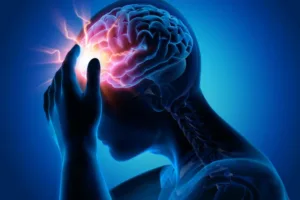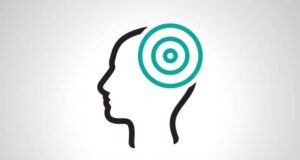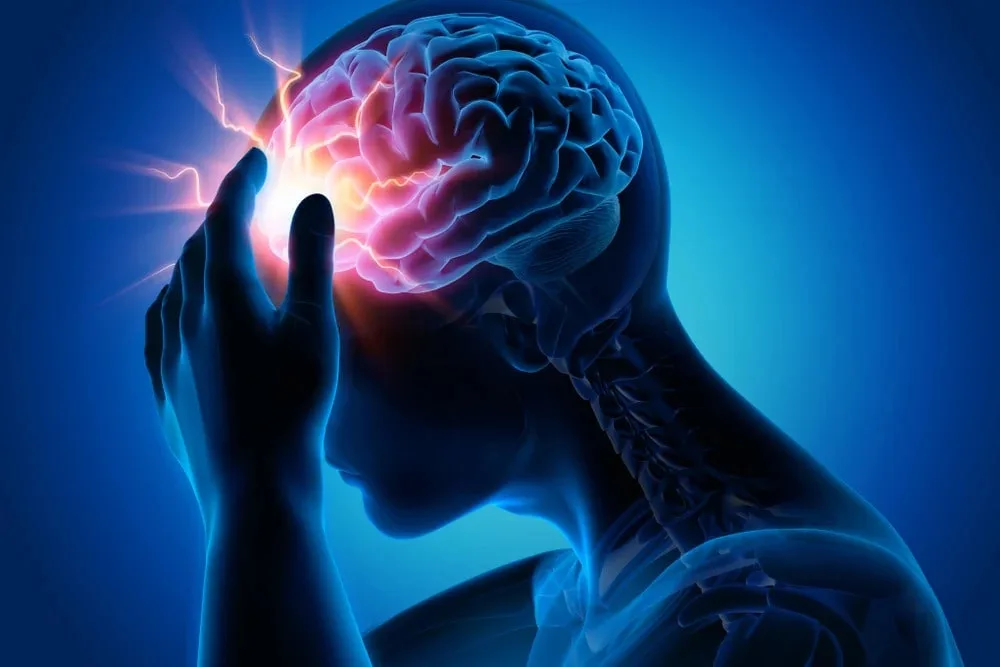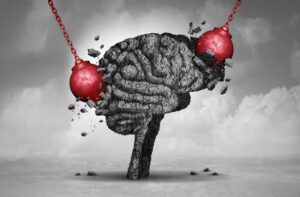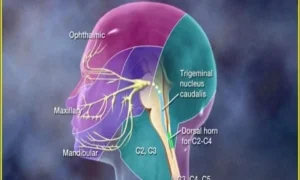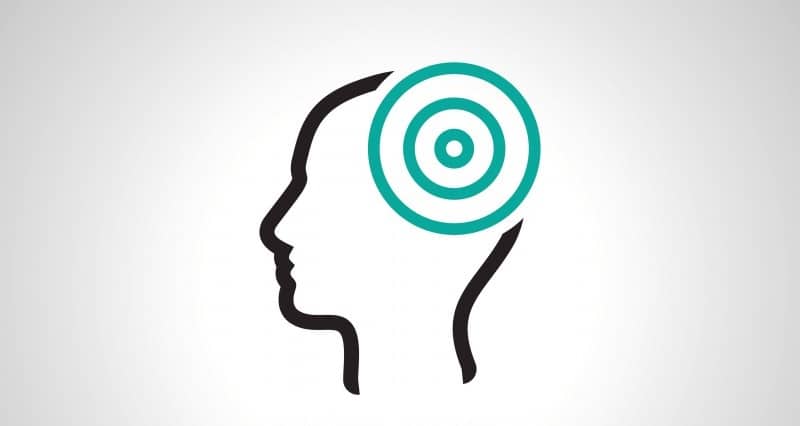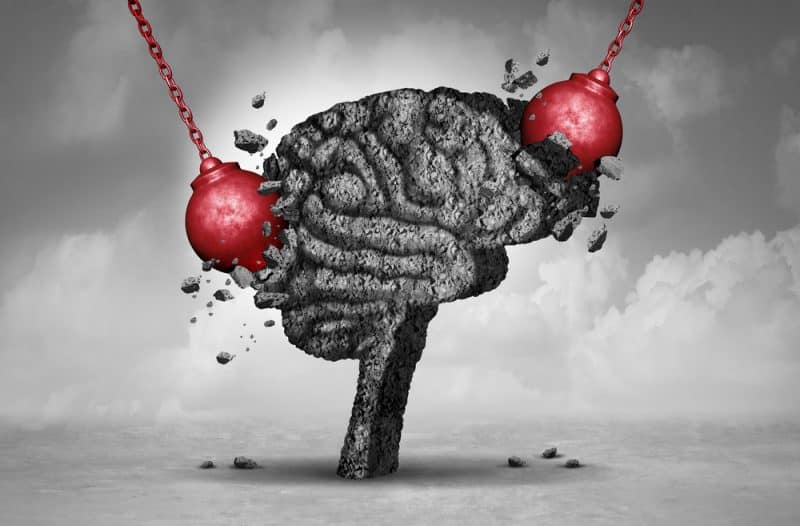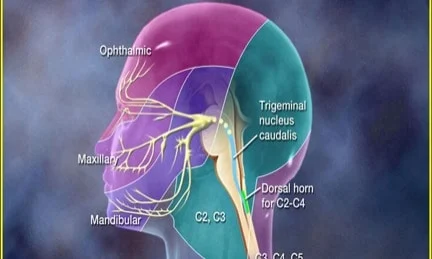Migraines are not an ordinary type of headache – often causing severe pain and other debilitating symptoms, such as nausea, vomiting and sensitivity to light and sound. Not surprisingly, migraine headaches can be very disruptive to our daily lives. In fact, studies show that over half of migraine sufferers have missed school or work in the last three months due to migraine headaches.
The good news is, there are now many effective therapeutic options to treat and prevent migraine headaches. In this article, we will discuss some of the most common treatments for migraine headaches.
Nerve block Injections
Nerve block procedure for migraines, is a common and effective treatment option and only takes several minutes to complete. The nerve block procedure involves the injection of anaesthetic and/or anti-inflammatory medication to target a specific nerve or a group of nerves to “block” pain signals and relieve headache pain. After nerve block treatment, migraine pain relief can last for up to several days to months.
Botox injections
Botox injections can be used to treat chronic migraine headaches. This treatment involves injections of Botulinum toxin, a protein produced by the bacteria Clostridium botulinum, which blocks nerve cells from the transmission of pain signals.
Botox injections for migraine headaches is typically a quick and simple procedure that can be done in the doctor’s office, with effects lasting for up to three to four months.
Acupuncture
Acupuncture treatment is based on traditional Chinese medicine and involves the insertion of very thin needles through the skin at specific points on the body. In turn, the insertion of needles can stimulate nerves to release chemical messengers and hormones, such as endorphins, which play a role in reducing pain. According to scientific studies, acupuncture treatment can reduce the frequency and severity of migraine headaches
Medication
There are a number of over-the-counter and prescription medications that can be used to treat migraine headaches and reduce their frequency. Some examples of over-the-counter medications that can be used to treat migraine pain include pain relievers ibuprofen and aspirin. Moreover, common prescription medications for migraine treatment include triptans, ergotamines and calcitonin gene-related peptide (CGRP) receptor antagonists.
The HMC Centre is a non-narcotic pain clinic, specializing in the treatment of headaches, migraines, concussions and chronic pain. Our team of specialists uses a multidisciplinary approach for migraine treatment.
At the HMC Centre, we focus on treating the root cause of your pain to help you get back to the things you love the most. Contact us today to learn more about our migraine treatment options.



